What Are The Steps?
Why Study Abroad?
Going abroad can inspire the development of new perspectives. Faculty and instructors overseas may have different approaches to teaching and may offer new insights into subjects, potentially altering the trajectory of your studies. Leaving campus and entering a new learning environment can be a beneficial step in your academic career by:
- Increasing your curiosity
- Introducing new perspectives
- Exposing you to graduate programs, thesis topics, or new interests in your field
- Confirming your commitment to an academic area of study
- Encouraging the development innovative problem-solving skills
Choosing education abroad is a great way to gain valuable skills and get hands-on experience in your field. Upon returning from studying away, students often report higher levels of:
- Foreign language competence
- Motivation and Initiative
- Cross-cultural communication skills
- Adaptability and Flexibility
- Networking skills
Working with counselors at the Career Education & Development after your program abroad will help you articulate the professional skill that you have gained. They will guide you on how to highlight your experiences in your resume, cover letter, and future interviews.
Adjusting to life abroad can be challenging. Adapting to new cultures, customs, environments, and languages takes time and effort. Overcoming these daily obstacles boosts confidence and enhances your ability to adjust to unfamiliar environments and new situations. After your study abroad experience, you may feel more self-sufficient, resilient, and independent.
Studying abroad is a deeply immersive experience that fosters the development of lifelong friendships and connections. Sharing transformative experiences abroad brings others closer together, allowing you to build an expanded global social network in the process.
What You Need to Know
- Minimum GPA Requirement: 2.5
- No academic probation
- Be at least a second semester freshman/transfer student
Steps to Study Abroad
-
Meet with OGE
Meeting with the Office of Global Engagement is always your first step when you are thinking about education abroad. Schedule an initial meeting with an advisor at OGE, and from there, you'll discuss your goals, review program options, address any questions, and know your next steps.
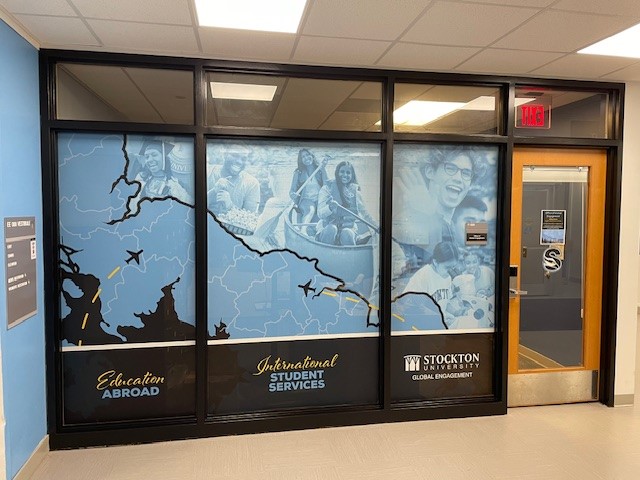
-
Attend Education Abroad 101 Info Session
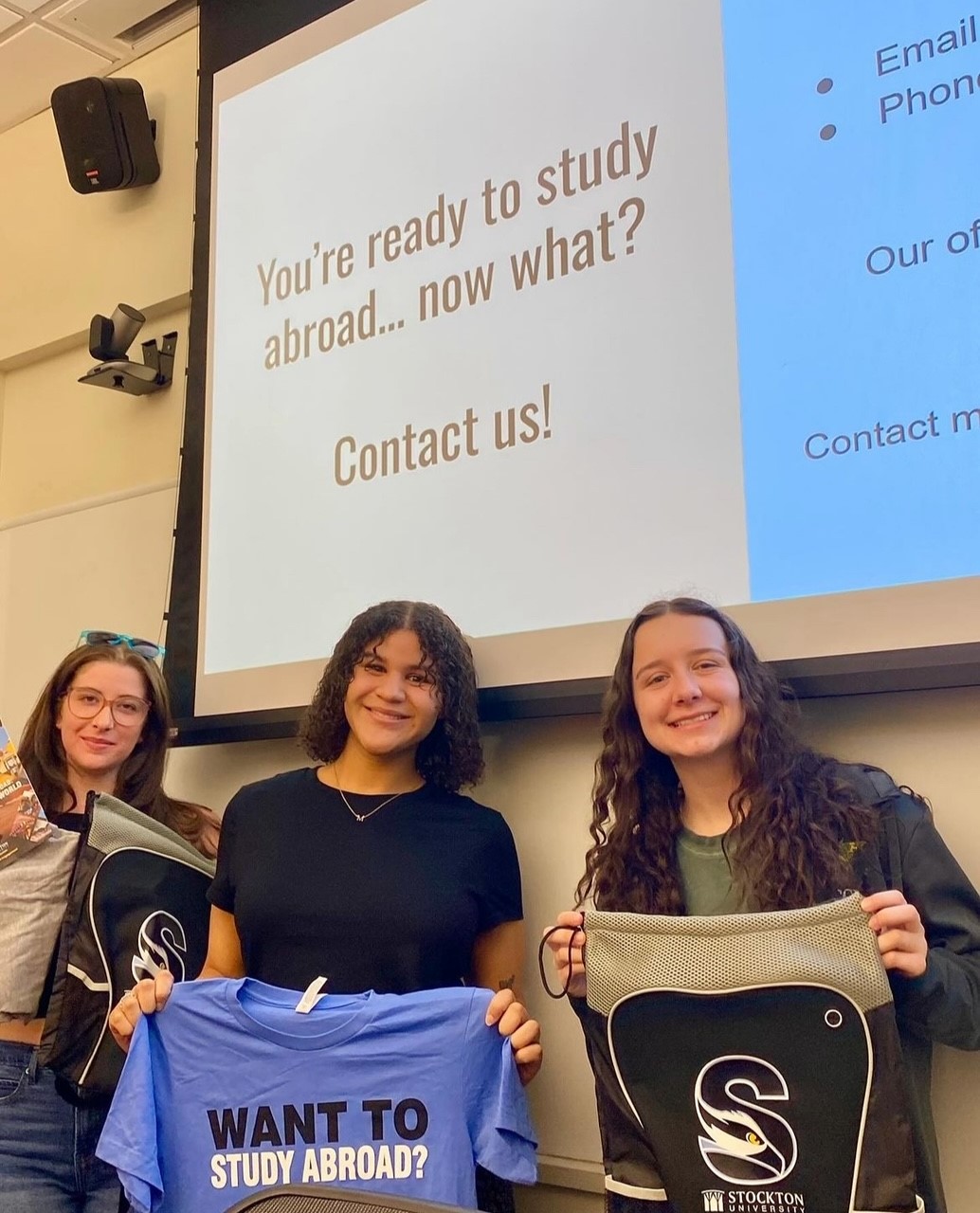
In these 45-min workshops, we'll cover all the bases of education abroad, including:
- Eligibility criteria & updates
- Types of programs
- Step by step instructions
- Tutorials on navigating the OGE website/ViaTRM
- Study abroad fee
- Additional useful resources
-
Find Your Program
The first step in exploring study away programs is identifying your goals.
- Are you interested in satisfying academic requirements?
- Would you like an internship or research experience?
- Do you simply need credits?
- Are you seeking personal growth or professional development?
- Is your primary goal to live abroad and explore a different culture?

-
Apply (Stockton)
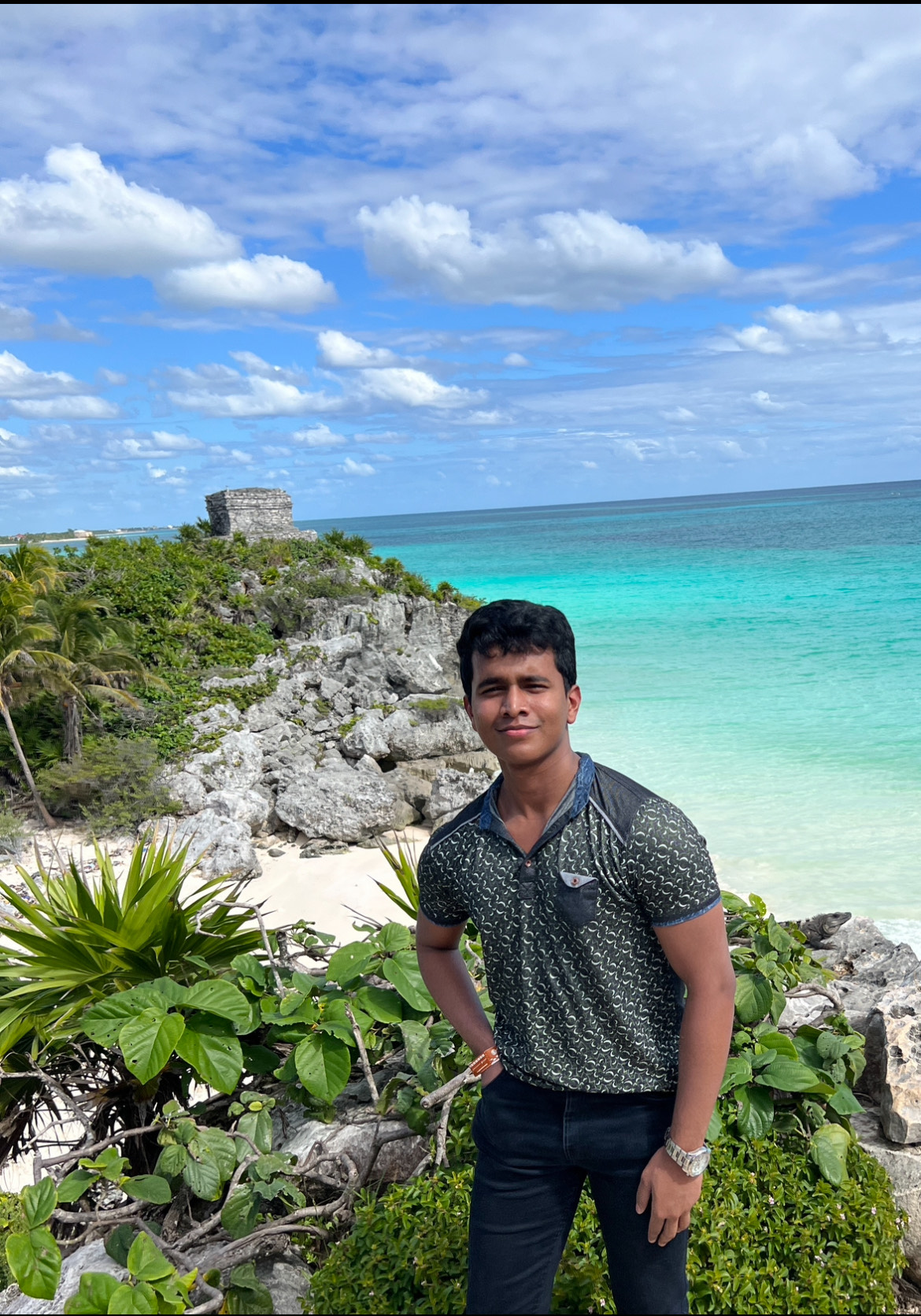
Fill out and submit an application to study abroad by the deadline. You will need to secure a letter of recommendation to complete your application.
Winter/Spring: March 1Summer/Fall: October 1
-
Apply (Provider, if necessary)
Depending on what program you apply to, you may need to submit a second application.
All provider programs require their own application. You will find this application and the provider's individual due dates on the their website.

-
Meet with Academic Advising
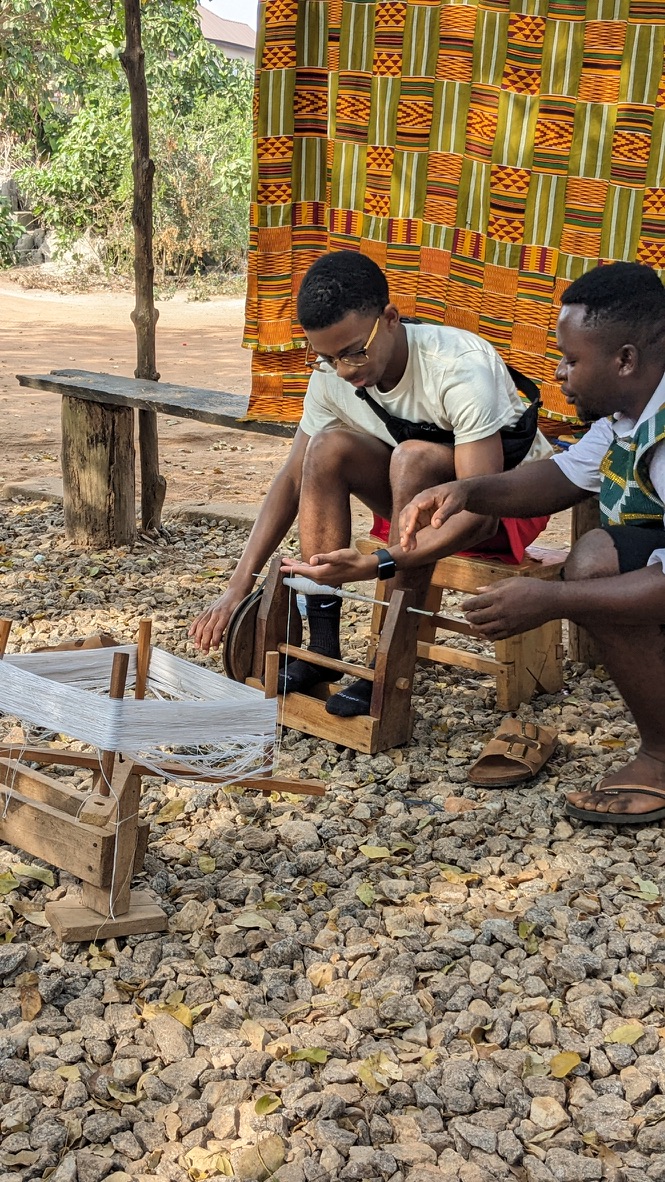 Once you've narrowed your search, meet with your academic advisor/preceptor to review the program(s) you've selected. Your advisor/preceptor is pivotal in the education abroad process. They will help you decide when in your undergraduate career is the best time to study abroad, and their collaboration will be needed later on as you choose courses abroad.
Once you've narrowed your search, meet with your academic advisor/preceptor to review the program(s) you've selected. Your advisor/preceptor is pivotal in the education abroad process. They will help you decide when in your undergraduate career is the best time to study abroad, and their collaboration will be needed later on as you choose courses abroad. -
Meet with Financial Aid
The financial aid department will review your financial aid account and give you insights on what funding options you have available.
*This is a perfect time to consider applying for scholarships! OGE is knowledgeable on all the various opportunities students have to receive financial resources to support their education abroad endeavors.
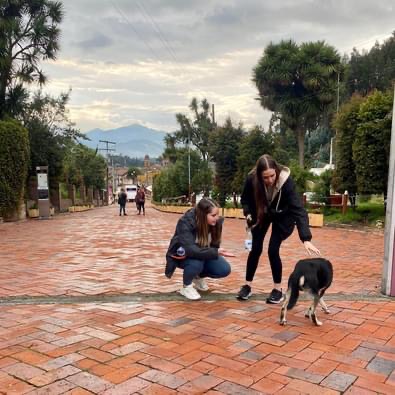
-
Pre-departure

The pre-departure period is essential to get ready for travel and life abroad. During this time, you'll need to submit all required forms and make sure your passport and visa are prepared. Completing a pre-departure certification course is also a must; it will give you important information about living and studying in a different country.
Pre-departure orientation meeting attendance is required. This is where you'll get valuable tips and insights to help you adjust and make the most of your upcoming experience.
-
Re-Entry
OGE will host a Re-Entry event for all students returning home from their programs abroad. This is aimed at providing space for students to exchange stories, process their unique experiences, connect with other global alumni, and check in with the staff at OGE. In addition, students will find ways to globalize their resumes!



